Addressing Charles Weisman’s What About the Seedline Doctrine? Part 6, Demons, Devils and Satyrs
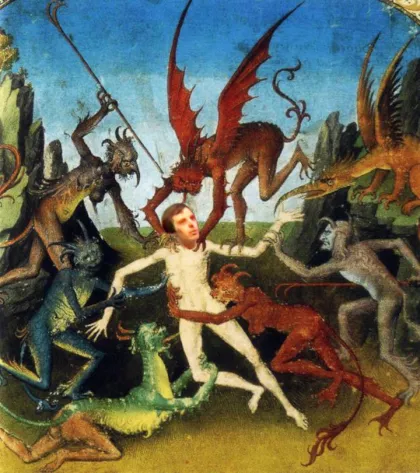
Addressing Charles Weisman’s What About the Seedline Doctrine? Part 6, Demons, Devils and Satyrs
Once again we had many extemporaneous comments and explanations, and not all of them made it into our notes.
In our last presentation we came to the end of chapter 2 of Weisman’s book, and saw in one of his arguments towards the end of his section subtitled “The Enmity” that Weisman agreed with us when he tried to explain it. He admitted that the serpent was an intelligent individual, a person, who had its own order in the world which was contrary to the order of God. Of course, this could not be true of a simple snake created on the 5th day of Genesis chapter 1. So Weisman admitted that the basis for our so-called Two-Seedline belief is true, while at the same time he continued to deny Two-Seedline.
Now we begin to shall address chapter 3 of Charles Weisman’s book, which is simply titled “The Serpent”. Here he offers a lot of conjecture and what we may consider to be straw man arguments, however some Two-Seedline teachers or pastors of the past did indeed hold at least some of the more absurd concepts which Weisman argues against. Once again, I believe we shall see that Weisman’s arguments have no merit once we explain the basis for what we believe. Because this is probably the most important chapter in his book, we may present and address every single paragraph, so that none of our detractors can claim we purposely missed anything which they may then imagine that we cannot answer.

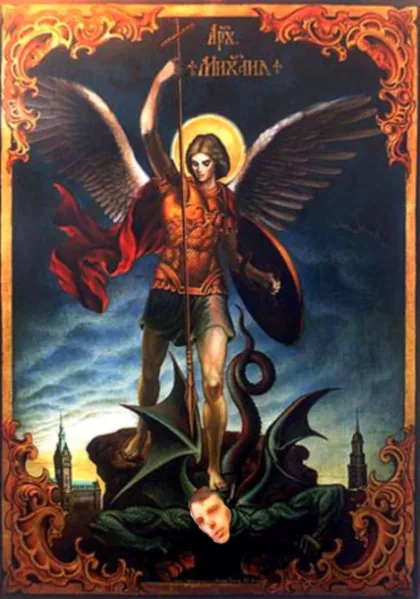

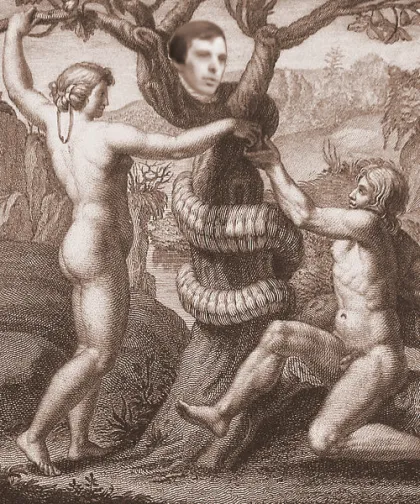
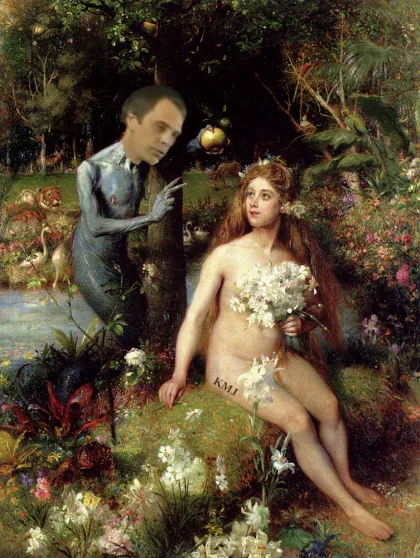
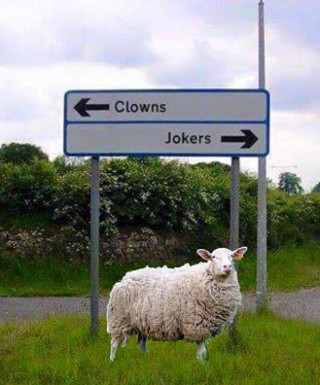
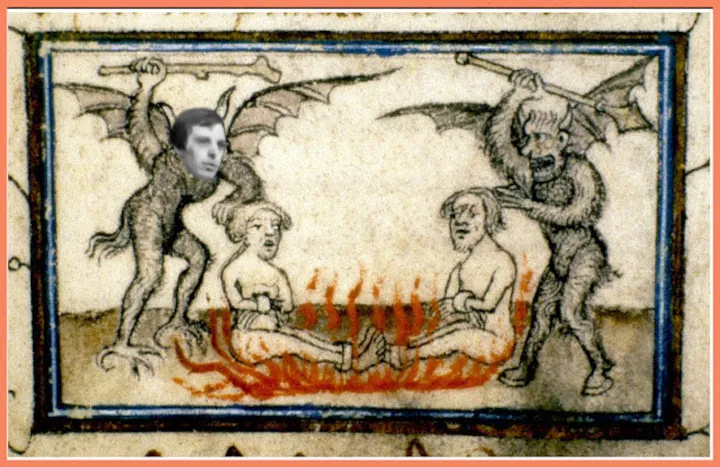
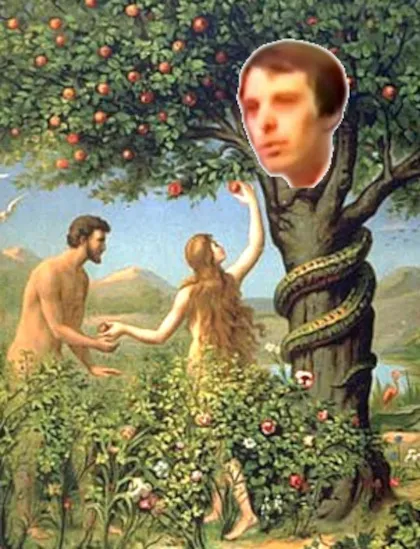

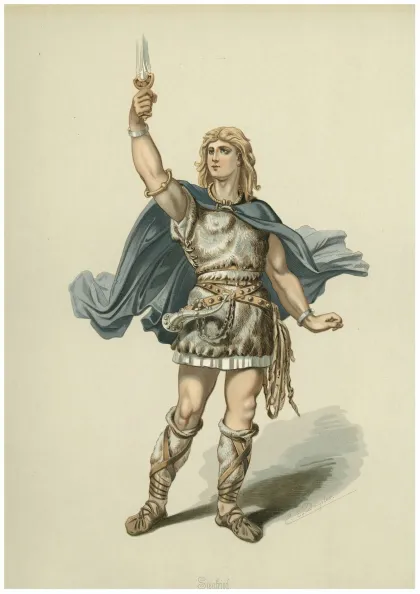
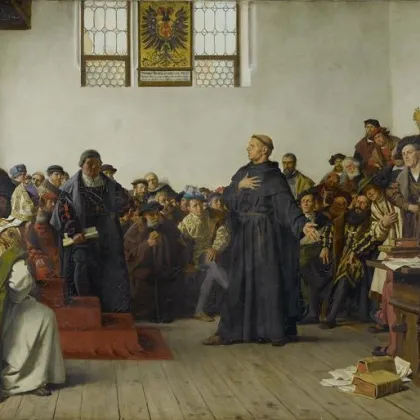
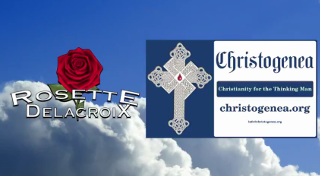 Rosette Delacroix hosts
Rosette Delacroix hosts 

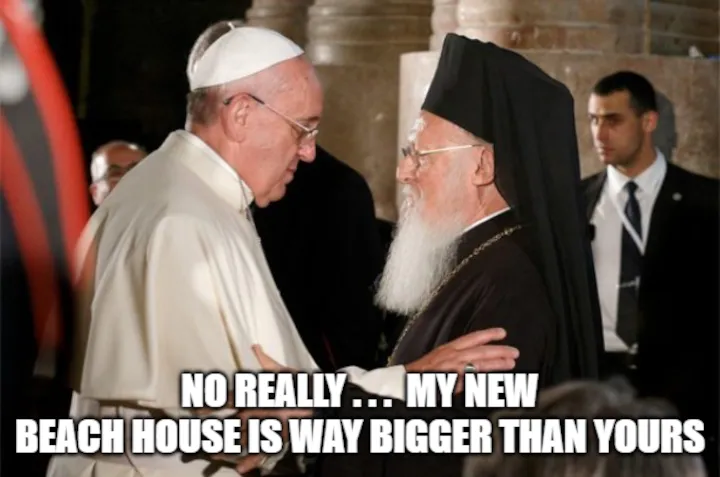
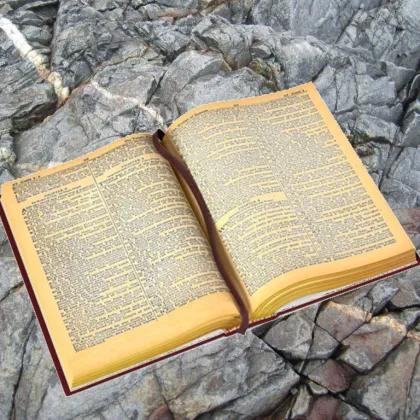
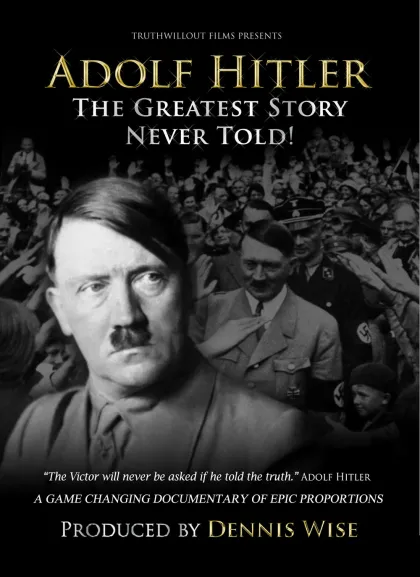
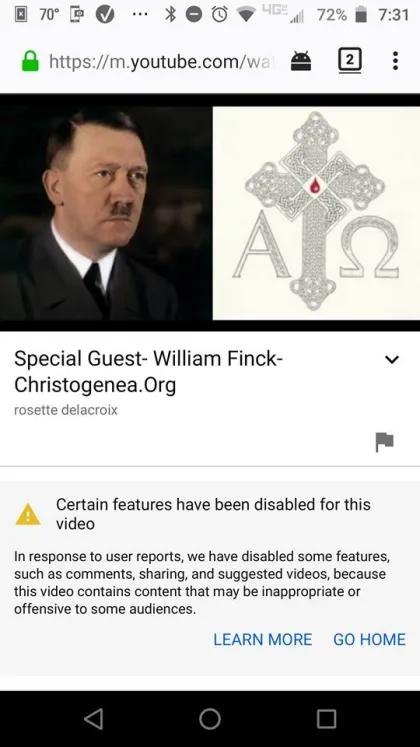

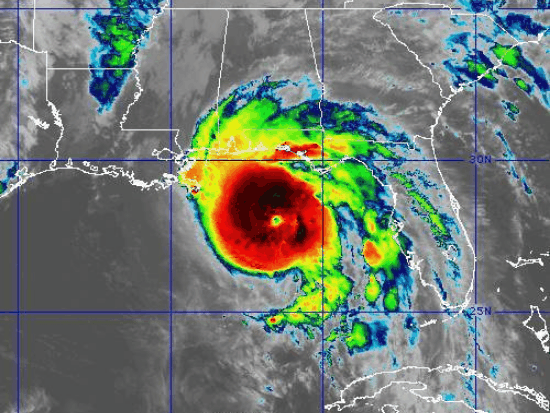




 Please click here for our mailing list sign-up page.
Please click here for our mailing list sign-up page.







